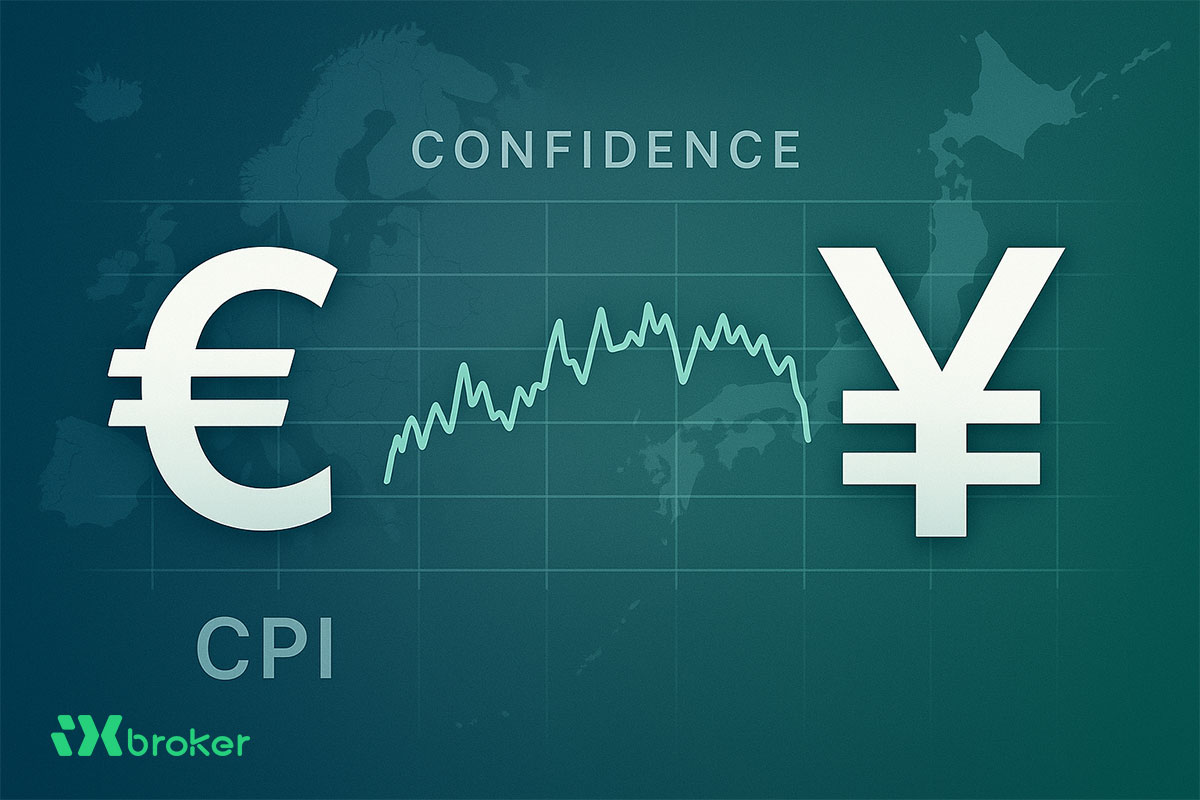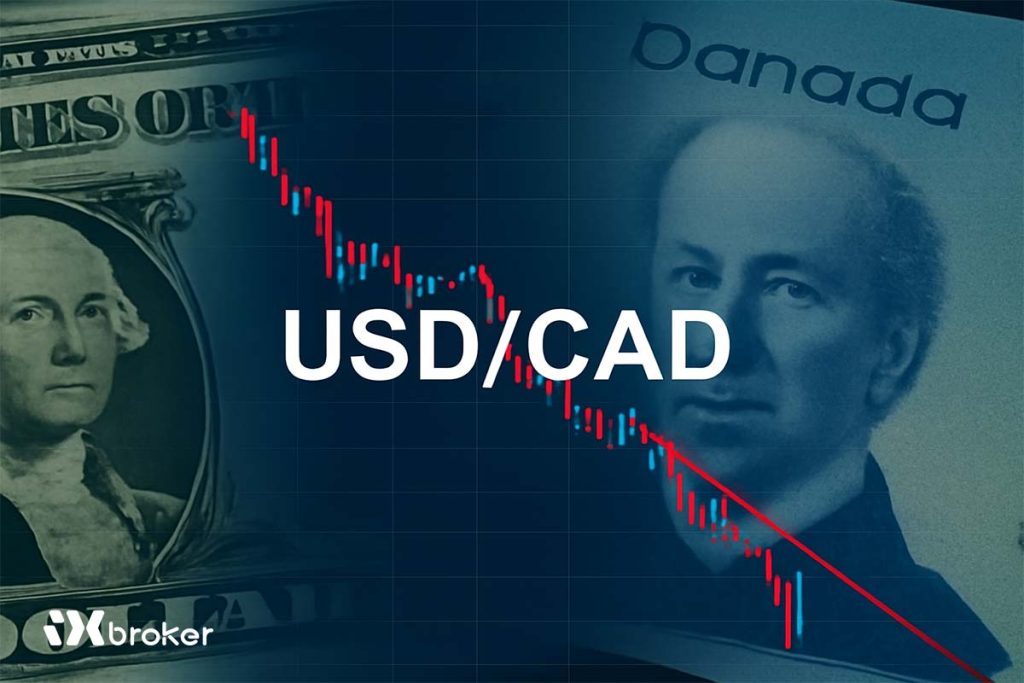EUR/JPY traded higher around 176.50 during Monday’s Asian session, recovering losses from the previous day as demand for safe-haven assets weakened amid easing US-China trade tensions. The Japanese Yen (JPY) faced pressure as investors shifted toward riskier assets, while the Euro (EUR) gained support from reduced political uncertainty in France.
Easing US-China trade tensions lift market sentiment
Market mood improved after former US President Donald Trump commented on Sunday that China’s economy “will be fine” and that he aims to “help China, not hurt it.” Trump also said there was no need to meet Chinese President Xi Jinping at the upcoming South Korea summit, while warning that 100% tariffs on Chinese imports could still be imposed.
In response, Beijing stated that it would retaliate if such tariffs were implemented, highlighting that the trade dispute remains a key risk factor for global markets.
JPY weakens amid Japan’s political uncertainty
The Japanese Yen could remain under pressure as Japan’s incoming Prime Minister, Sanae Takaichi, is expected to pursue higher fiscal spending alongside an accommodative monetary policy stance.
Political uncertainty has also increased following the Komeito party’s announcement on Friday that it will exit the ruling coalition—an outcome that could weaken the Liberal Democratic Party’s control and complicate Takaichi’s path to leadership in the world’s fourth-largest economy.
EUR supported by easing French political tensions
The Euro found additional support as France’s political situation showed signs of stabilization. President Emmanuel Macron is preparing to appoint a new prime minister following the resignation of Sebastien Lecornu.
Investor confidence improved after Lecornu indicated that dissolving parliament and calling snap elections was unlikely—an outcome that eased concerns over potential political gridlock in France.
ECB maintains steady policy stance
Minutes from the European Central Bank’s (ECB) September meeting revealed that policymakers broadly agreed the current monetary policy stance remains appropriate to achieve the 2% medium-term inflation target. The ECB reiterated that current interest rates are sufficiently restrictive to manage inflation risks in both directions, suggesting that no near-term policy shifts are expected.



